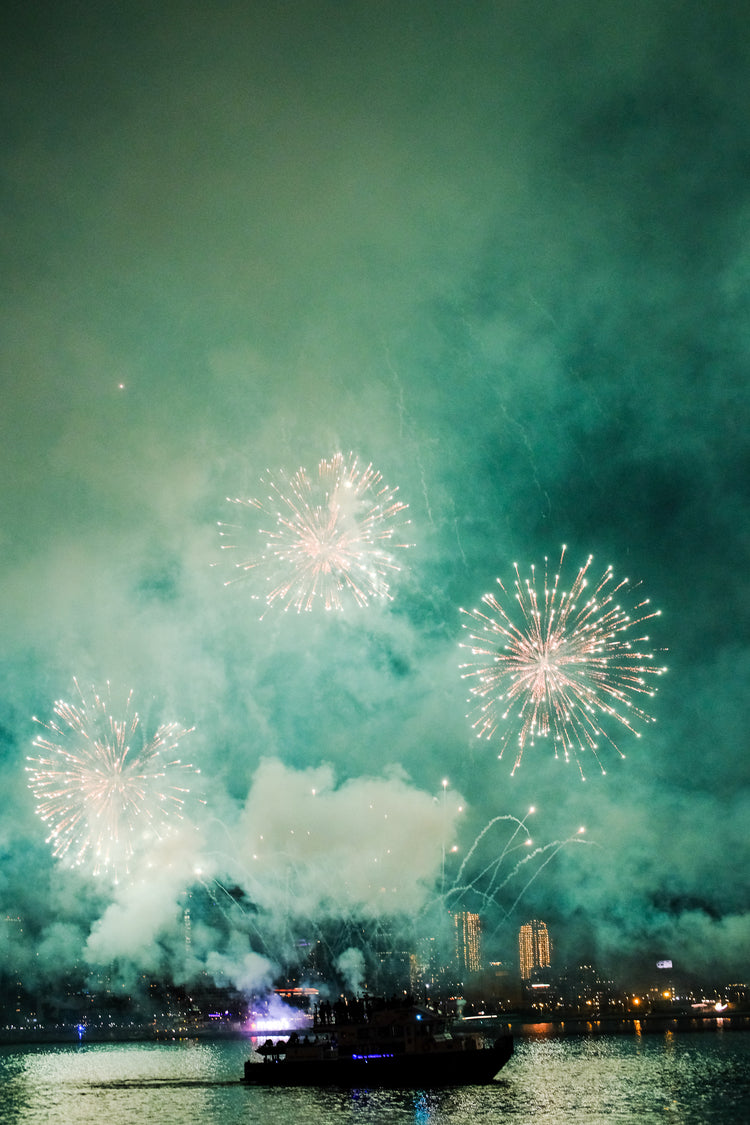Independence day, commonly known as The Fourth of July, is a significant celebration in the United States that commemorates the country's declaration of independence from Great Britain in 1776. This festive occasion is marked by various traditions, including parades, barbecues, patriotic music, and fireworks displays.
Historical background
The seeds of American independence were sown long before the actual signing of the Declaration of Independence. Discontent with British rule had been growing among the American colonists for years, fueled by taxation without representation and a desire for self-governance. On July 4, 1776, the Continental Congress adopted the Declaration of Independence, penned by Thomas Jefferson, officially declaring the United States a sovereign nation.
The birth of a tradition
The early celebrations of Independence Day were marked by public readings of the Declaration of Independence, patriotic speeches, and bonfires. However, it wasn't until the War of 1812 that fireworks became a prominent part of the festivities. During the war, Francis Scott Key's poem, "The Star-Spangled Banner," captured the nation's spirit, and fireworks were used to accompany performances of this stirring anthem.
Symbol of freedom
Fireworks evoke a sense of awe and wonder, captivating audiences with dazzling displays of light and color. In the context of Independence Day, these explosive spectacles symbolize the freedom and liberty that the American people hold dear. They serve as a reminder of the sacrifices made by previous generations to secure and preserve the nation's freedom.
Expressing national pride
The vibrant explosions and cascading showers of sparks that fireworks create paint the night sky with patriotic hues of red, white, and blue—the colors of the American flag. This visual spectacle allows people to express their love and pride for their country, fostering a sense of unity and patriotism among citizens.
Commemorating history
Fireworks are historically associated with the Revolutionary War and the nation's birth. By incorporating fireworks into Fourth of July celebrations, Americans pay their respects to their forefathers who fought for independence. Fireworks help to keep the spirit of the American Revolution alive. It reminds people of the principles upon which the nation was founded.
Captivating the imagination
Fireworks have a unique ability to captivate and engage people of all ages. Their explosive nature, vibrant colors, and intricate patterns spark a sense of childlike wonder and excitement. Watching fireworks can evoke joy, nostalgia, and a renewed appreciation for the simple pleasures in life.

